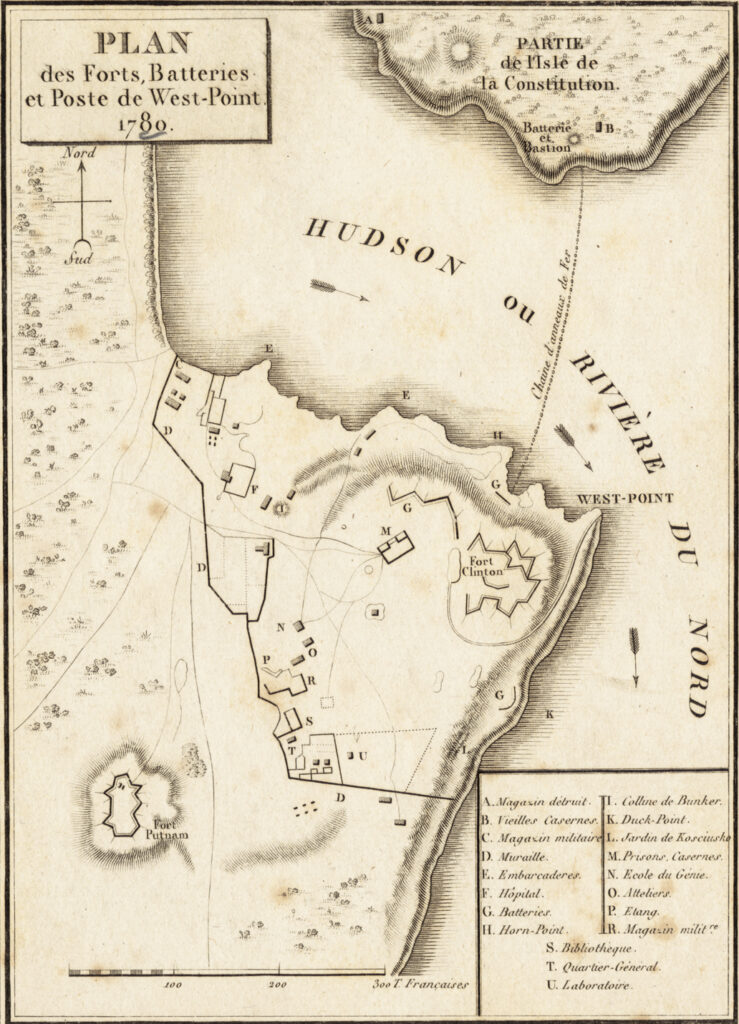Too Hot for West Point

Interesting story here on how teaching the New Deal was regarded as too spicy for the cadets at the US Military Academy at West Point:
The New Deal in Action was not written by any leftist firebrand. Wallace was an associate professor of public law at Columbia University and would have a stellar academic career, including training U.S. Navy officers for military governance in the Pacific in World War II. It is safe to say that Dr. Wallace was not advocating for radical changes in the nation’s economy in his book. Beukema stated in the memo that he had examined “a considerable number of books covering the New Deal… [and this one] presents the best and simplest factual survey of the subject.” Furthermore, Beukema reminded the General Committee and the superintendent that cadets had already examined the New Deal the past year using numerous articles and a pamphlet by Howard S. Piquet (Outline of the “New Deal” legislation of 1933). Two weeks after Beukema’s submission, the General Committee agreed to the recommendation and sent the request to the superintendent for his approval.
While the General Committee approved the request to use the book, there was some dissent among the members about the inclusion of the book (and the subject matter in general). Colonel C.C. Carter, Professor of Natural & Experimental Philosophy, felt that the Wallace book provided “a one-sided presentation, if not a partisan one.” Also, he argued that cadets should not have their first taste of economics clouded with a large amount of time dedicated to a “particular controversial phase of current events.” While Colonel Carter did feel that cadets should be educated on the issues of the day, he felt that this book was too partisan to be used at West Point. Colonel R.G. Alexander, the Professor of Drawing, wrote “I concur” on Carter’s letter with no further details. Lieutenant Colonel C.L. Fenton, the head of the Department of Chemistry and Electricity, mirrored Carter’s arguments in a memo dated December 14, 1934, where Fenton described the book as a “highly colored, incomplete presentation of one side of the question.”
Long story short, Beukema was able to teach the New Deal but wasn’t able to use the Wallace text.


